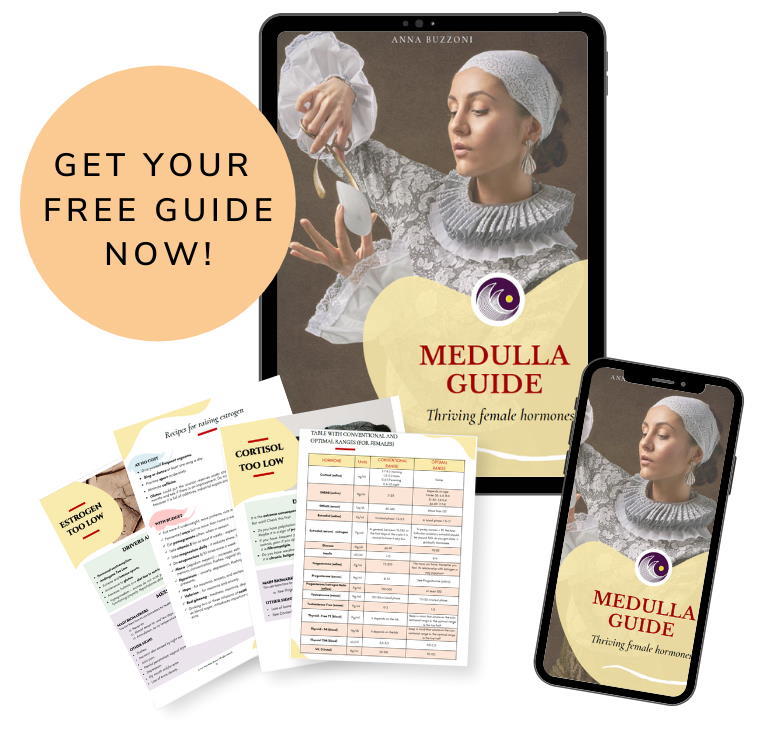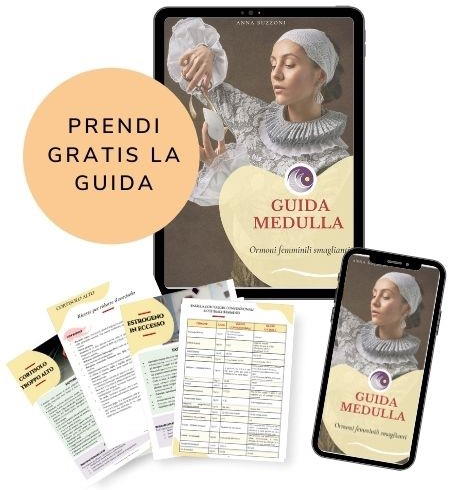Many of you are telling me that bowel movements, at menstruation, cause some problems, it seems that suddenly we have to take all the poop in the world. What’s going on? Is that normal? No, but it’s common, which means you’re doing one or more of the following things:
1) You’re drinking less water than necessary
2) you are eating less fibre than necessary
3) you are doing not much exercise
And here is the scientific explanation: the hormone progesterone, which dominates the phase between ovulation and next menstruation, is a relaxant. It relaxes the muscles and nerves, and therefore bowel movements will also be slower. At the end of the cycle, if you are not pregnant, progesterone precipitates and prostaglandins rise (they play a role in the contractions that the uterus needs to renew itself): everything that has accumulated in the intestine suddenly runs like there is no tomorrow, often causing discomfort.
If you too are in the crowded club of those who suffer from constipation/loose stools around menstruation, you can try with:
- Increase the fiber content of your daily diet, varying the choice with whole grains (organic, I recommend, because pesticides create a lot of damage to the menstrual cycle), legumes – the more you eat them, the less they swell, but if you are not used to them start slowly and choose the dehidrated ones or those in a glass, and not canned, to avoid endocrine disruptors present – seeds and nuts, lots of vegetables – especially green leafy vegetables – and fruit.
- Drink plenty of water and herbal teas, starting with a glass of lukewarm water with half a lemon juice when you wake up – it is a tonic for liver, intestine and skin – and then rinse your mouth so as not to damage your teeth – eat soups and broths.
- Walk at least 30-40 minutes a day or practice other physical movement – dancing for example is great, you put on 7 songs, lock yourself in your room, and off you go! I do it often, it’s a panacea that goes well beyond the intestines!
- Magnesium is also a marvel, as it supports the relaxing effect of progesterone (goodbye nervousness, water retention, breast pain, and premenstrual insomnia, often due to a weak progesterone) but at the same time promotes intestinal transit. If you want to know where it is and how to take it, there is a dedicated blog post.
We are not born with difficult cycles; they are the result of poorly informed choices. Now is the time to understand more so you can fear less (Marie Curie).







